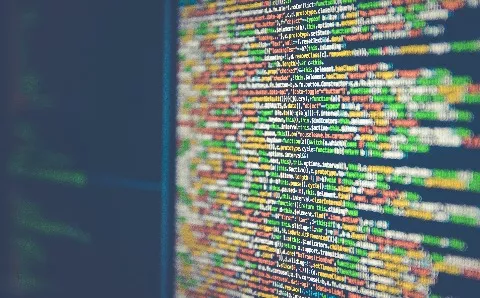The certificate in Industrial Instrumentation Calibration (CIIC) is designed to develop learners to understand the principles of instrument calibration, calibration terminology, calibration system documentation, and relevant procedures, and to develop the skills to calibrate industrial process instruments and control elements, and measure, record and evaluate data. Learners will gain high value practical skills in process instrumentation calibration.
Learner Profile:
Candidates who are:
Learner prerequisites:
Entry requirements (if under 23 years) are a minimum of grade O6 / H7 in the Leaving Certificate, or equivalent, in 5 subjects. The subjects must include mathematics and English, Irish or another language.
Mature learners, i.e., applicants over the age of 23, may also apply based on work experience and / or life experience by demonstrating that they have reached the standards of knowledge, skills, and competence.
The English language entry requirements for the programme are CEF B2+ or equivalent. Candidates with English language levels below CEF B2+ must first reach this minimum standard before enrolling on the academic programme.
Ideally, applicants have some prior technical experience or knowledge and/or exposure to an industrial environment.
Learning outcomes:
On successful completion of this programme, learners are able to:
This practical programme will equip learners with the skills to check and verify industrial process control systems.
Principles of calibration
• Standards
• Traceability
• Intervals
Pressure measurement
• Principals and methods
• Control elements
Flow measurement
• Principals and methods
• Control elements
Temperature measurement
• Principals and methods
• Control elements
Level measurement
• Principals and methods
• Control elements
Safe work practices in process environments.
Good practices in calibration system.
Documentation and records.
Learners will attend 7-days in class (49-hours), typically 1 day per week over a 7-week cycle.
Continuous Assessment
Theory (Assignment) 30% and Practical (3 practical tests) 70%
(The assessments are contained within the course)
Certification: Certificate in Industrial Instrumentation Calibration
Awarding Body: QQI
Credits: 5 ECTS
Certificate in Industrial Manufacturing and Maintenance Skills (6N21682)
or
Higher National Certificate in Manufacturing Engineering
Please remove all registered user from waiting list
